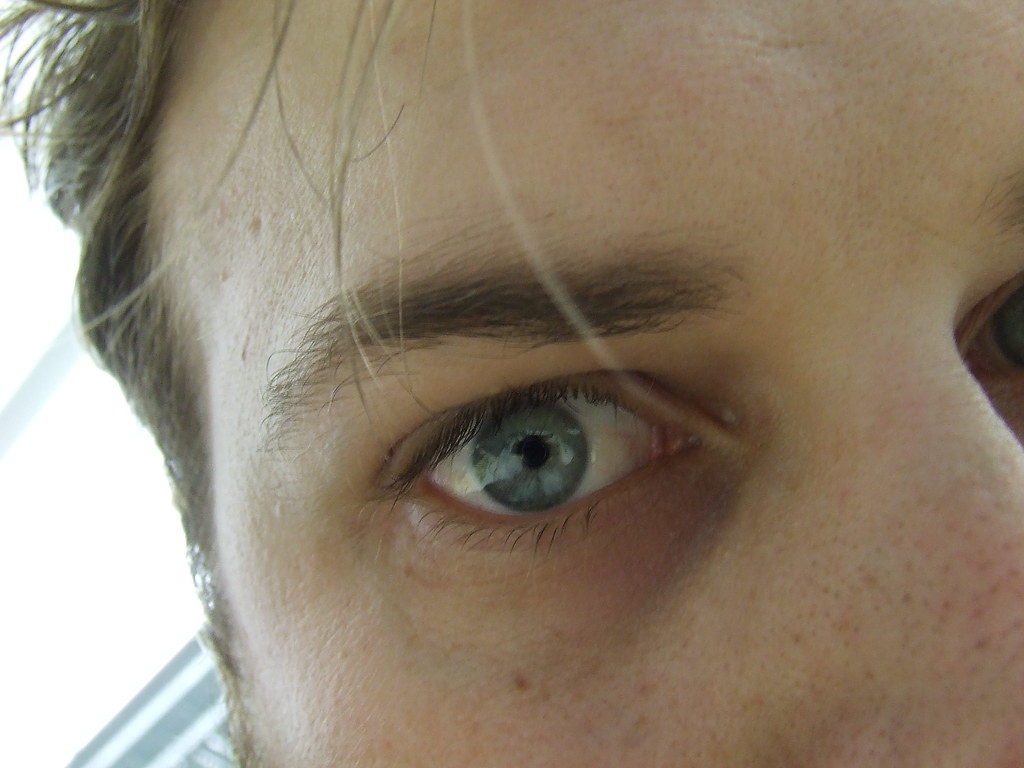 When Caffeine Might Interrupt Your Sleep!
When Caffeine Might Interrupt Your Sleep!
Although you may easily have your cup of coffee in the day time if this is something that you like, but you need to be cautious that you do not let caffeine interrupt your sleep pattern.
Why You Need To Avoid Caffeine, Evening Onwards, to Sleep Well
Caffeine is a natural stimulant that is present in a variety of products, including tea and coffee. It happens to be one of the most used psychoactive substances from across the world. You could also find it as a food additive in chocolates or soft drinks. Most people procure caffeine fortified drugs over the counter for treating a host of lifestyle issues.
How Does Caffeine Help?
Coffee’s invigorating properties work by stimulating the brain and central nervous system. It also blocks the effect of adenosine, a neurotransmitter. This allows us to stay alert and keep lethargy away, at least for a while. Some other benefits of caffeine include –
- It improves our mood and brain function
- It helps us lose weight faster, by boosting metabolism
- It offers protection against type II diabetes and heart conditions
- It supports gut health
- It protects our liver and reduces the likelihood of cirrhosis
- It enhances exercise performance
- Coffee is known to flood our body with some natural antioxidants
- It helps in repairing our DNA,
- It can calm down any stress-related inflammation,
- It improves the efficiency of enzymes that regulate insulin and glucose.
Therefore, apart from its stimulating effects, caffeine also prolongs life and helps prevent several diseases. It is not only delicious but also by and large safe for consumption. However, despite the many benefits, coffee continues to remain a subject of debate for a few of its negative effects.
Not Good For Your Sleep!
Caffeine is highly addictive, and over-consumption may lead to issues such as anxiety, restlessness, and irregular heartbeat. It might also lead to severe headaches and hypertension. And that’s not all, excessive indulgence in caffeine ends up significantly affecting our sleep and its quality.
It is believed that caffeine remains in our system for as long as twelve hours, and can contribute towards insomnia, a major health concern plaguing a large percentage of people all over the world.
This is perhaps why consumption of coffee late afternoon onwards is highly discouraged. So consuming caffeine enriched coffee does not sound all that energising now, does it? Let’s read on.
Caffeine And Sleep
Simply put, coffee gives us energy, something we would rather want to avoid during the later part of the day. But it is not all that simple. This is because caffeine also affects our circadian rhythm.
Research shows that drinking caffeine within five hours of bedtime could actually inhibit your REM cycle and not really let you enjoy a good night’s sleep.
Moreover, consuming coffee is also believed to delay the release of Melatonin, a sleep hormone in our brain. In fact, as per a new study, it has been reported that after consuming a double espresso, a couple of hours before bedtime, melatonin production was delayed by about 40 minutes in three subjects, making it harder for them to nod off.
Therefore, it is obvious that caffeine intake can delay your sleep by several hours. Also, the sleep that you finally get would not be quite a deep and restorative kind. Thus, you are likely to wake up feeling tired and sleep-deprived. If you are consuming more and more coffee to get past the day at work; you fall into a vicious cycle of relying on that cuppa, even before you realise it. That is perhaps how coffee not only affects your quality of sleep but also disrupts your body’s natural sleep pattern.
Avoid Caffeine Evening Onwards
Try avoiding strong coffee late afternoon onwards. If you must, you could rather have a cup of black tea or green tea as your last cup of a satisfying beverage. These contain lesser amounts of caffeine, and still manage to satisfy you. This is especially recommended for those who are already struggling with sleep issues.
Closer to bedtime, try and have a nice, warm cup of milk or chamomile tea as it helps you wind down and prep up for sleep. This not only helps you enjoy a night of deep, restorative sleep, but also what we call the ‘beauty sleep’.
Watch Video: Ayurveda Tips For Insomnia (Loss Of Sleep)
About the Author:
Dr Sonica Krishan is Author and Speaker in the areas of Healthy and Joyous Living through Ayurveda, Meditation, Yoga and other Contemplative practices. She is a leading Ayurveda Professional in India. She is also Health Writer, Columnist, Editor, Ayurveda Consultant and Holistic Healing Coach. Dr Sonica is open for National as well as International Collaborations with interested people / institutions in fields of Ayurveda, Meditation and Yoga.
Dr Sonica Krishan’s Books are available at Amazon
Best Ayurvedic Therapies for Insomnia And Sleep Disorders


